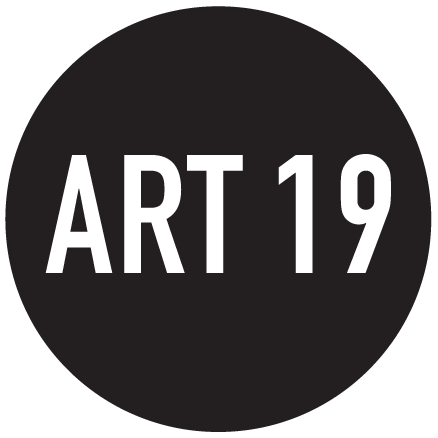Ocula : Shirin Neshat, Nicky Nodjoumi, and More Declare Support for Student Protests in Iran (By Michael Irwin)
'With all of our cultural and social power, we stand firmly with them,' the statement reads.
Shirin Neshat, All Demons Flee (Women of Allah Series) (1995). Gelatin silver print. 115 x 166 x 4.8 cm. Courtesy Goodman Gallery, Johannesburg.
Iranian scholars, critics, art historians, and curators made a statement declaring solidarity with art students protesting at Iranian universities. It has now garnered over 7,000 signatures.
Originally released on 29 October with 600 initial signatures, the open letter was drafted by an anonymous steering committee.
Signatories include Iranian artists such as Shirin Neshat, Nicky Nodjoumi, Nairy Baghramian, Tala Madani, and Shirazeh Houshiary.
Other Iranian cultural figures, including photographers Reza Deghati and Hengameh Golestan, academics Ruyin Pakbaz and Layla Diba, vocalist Sussan Deyhim, and playwright Bahram Beyzai have also put their names to the statement.
Art students have joined many other Iranians demanding freedom and change, particularly for women, following the 16 September killing of 22 year old Mahsa Amini, who was beaten to death by Iran's Morality Police for not wearing a Hijab.
'We will reclaim our right to decide for ourselves, and we will fight tyrants and reactionaries,' says a line in the statement quoting the students.
Peaceful student protests have been met with violence and arrests, as well as targeted suppression by the Ministry of Education, pro-government educators and administrators, and the security services.
The statement condemns 'all forms of arrest, intimidation, and suppression by the regime' and demands 'the immediate and unconditional release of all students who have been detained'. It also calls for the removal of 'the ominous shadow' of the regime's security forces from university campuses and students' lives.
Tala Madani, Impressions (2021). Oil on linen. 45.7 x 61 x 2.5 cm. Courtesy Pilar Corrias, London.
Pledging solidarity with the students, the statement declares 'with all of our cultural and social power, we stand firmly with them'.
'We came out to support the art students in Iran who have, like all other students, courageously defied the brutal crackdown by the Iranian regime's security forces,' said Neshat.
Nodjouimi, who praised the protestors as 'courageous young girls and women', said 'this great political and social statement deserves our immediate attention and support.'
The full statement and list of signatories can be found here.
The protest movement rallying behind the mantra 'Women, Life, Freedom' has permeated far and wide: from blood-red banners unfurled in protest in the Guggenheim New York last month, to Iran's football team protesting in their first match of the Qatar Fifa World Cup by refusing to sing the national anthem.
'The project of the Islamic Republic has been defunct for at least a decade,' London-based curator and founder of non-profit Archaeology of the Final Decade, Vali Mahlouji told Ocula Magazine, 'and the people have taken to the street to voice it both to the tyrannical rulers and the rest of the world.'
Mahlouji, whose work highlights historical and cultural erasure under the Iranian regime, describes the protests as 'a historical moment that is led by women and demands justice for all and an end to the theocratic, oligarchical system of un-elected rule.'
He urged colleagues working in arts and culture roles internationally to support the protests by boycotting and excluding state-linked Iranian institutions from international cultural arenas, creating networks of support for at-risk dissident colleagues, refuting apologist deflections, and raising awareness of the regime's human rights abuses.
Within Iran, protesting comes at a high cost. The UN estimated over 300 people, including children, have been killed since protests began. —[O]


